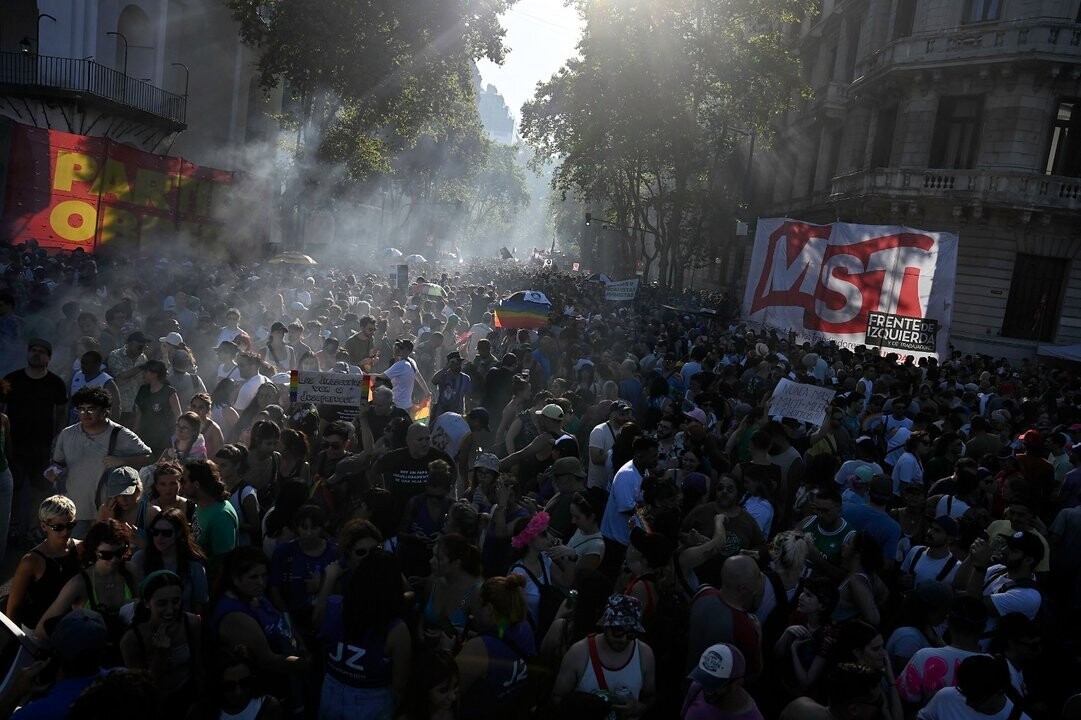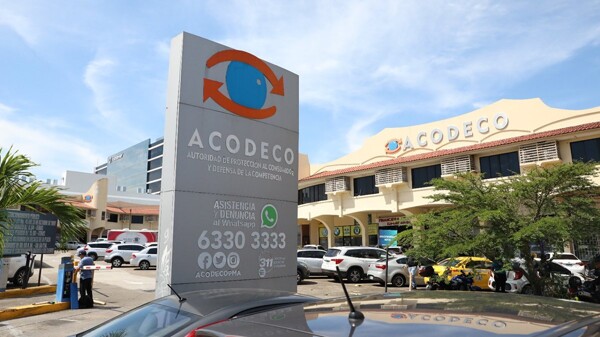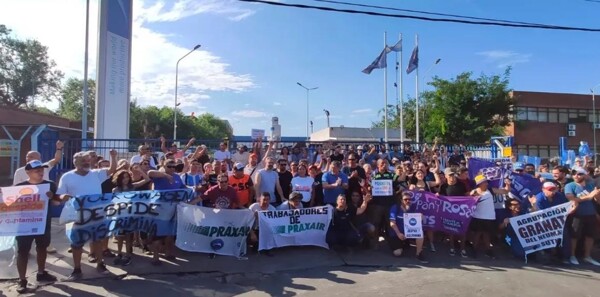
The Government of the City of Buenos Aires has announced that it will implement partial street closures to minimize disruptions to traffic in the area affected by the Federal LGTBIQ+ March. This approach will resemble that used during the demonstrations in defense of public university held in April and October of last year.
Additionally, police controls will be established in the second and third security rings led by the City Police, with a prominent presence of the special body of female officers at the forefront to prevent incidents or deter protesters in case of conflicts.
The city government has expressed its dissatisfaction towards the Minister of Security, Patricia Bullrich, accusing her of having "freed the streets" and neglecting the security operation to safeguard the march. City sources have criticized this alleged lack of coordination and the absence of the implementation of the Anti-Blockade Protocol, used in other circumstances.
In light of the authorities' refusal to involve the Federal Forces and apply the mentioned protocol, local authorities have expressed concern about the possibility of infiltrations or vandalism during the protest. The freeing of vehicle circulation without an adequate security plan is perceived as a risky measure, according to official voices from the City.














